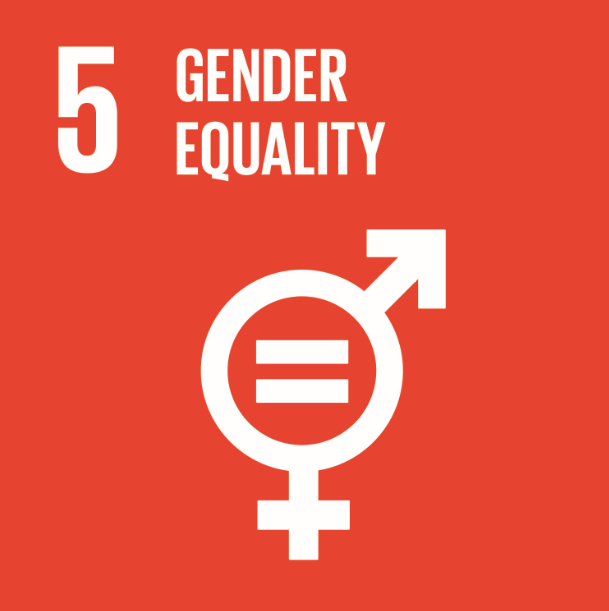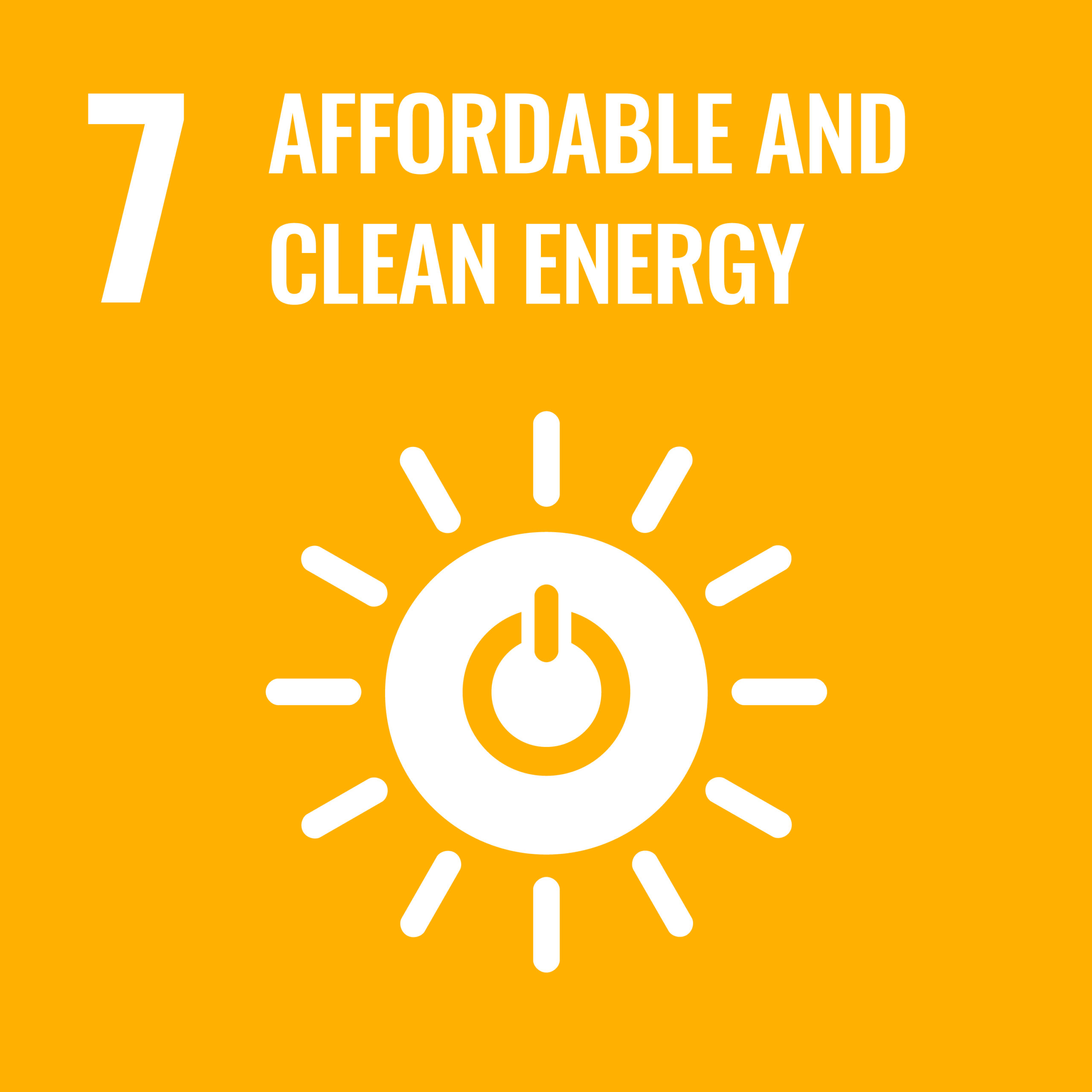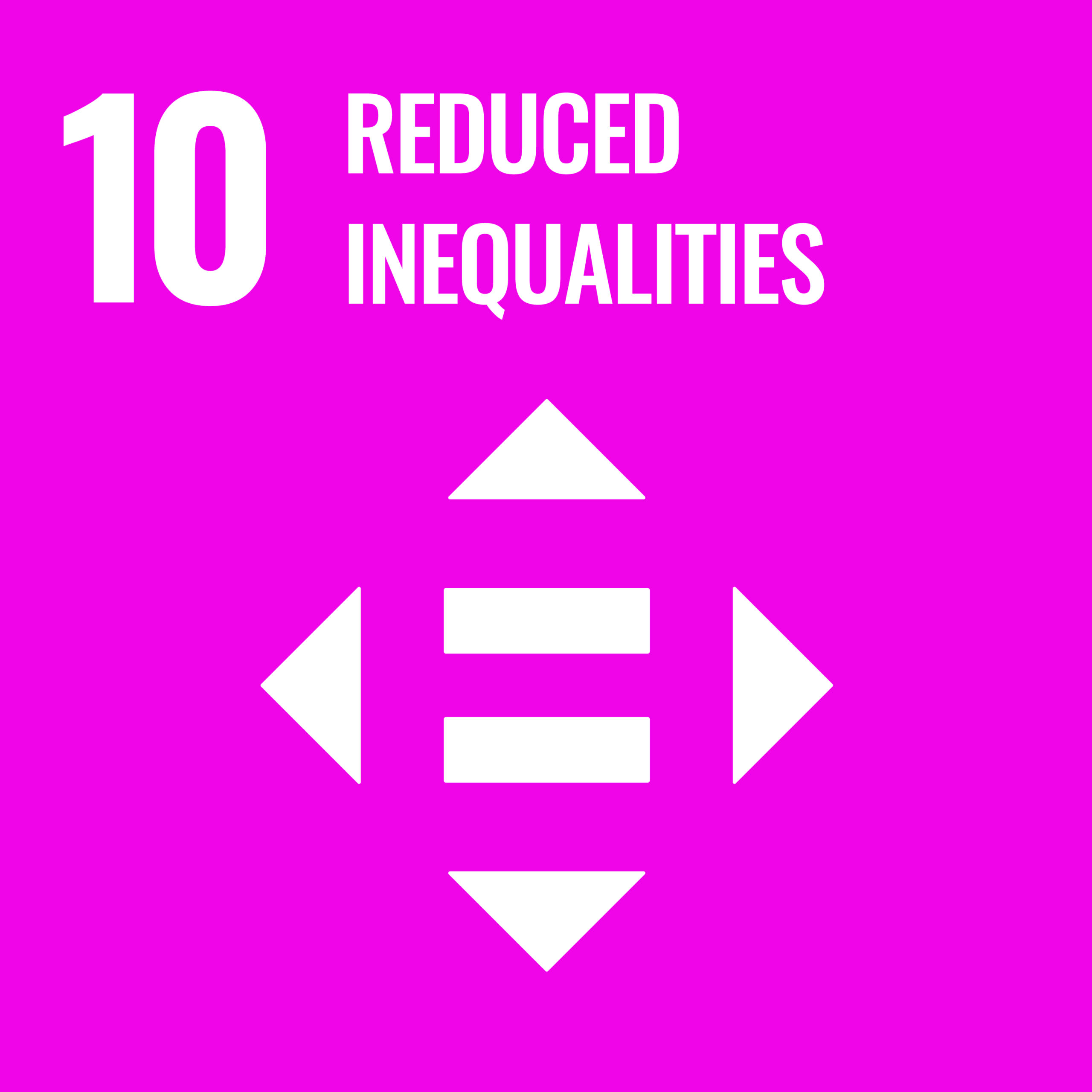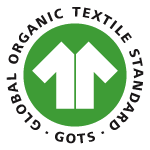A Better Planet
Our ethical, earth-friendly mindset governs everything we do. We’ve implemented sustainable practices and socially responsible ways of working throughout our operations. Beyond our own business model, we require that our partners share our sustainable approach.
Committed to Carbon Neutral
Flomak Group is committed to becoming carbon neutral by 2035.
Maintaining a safe planet, a healthy population and sustainable economic development all depend on us protecting the earth. We’re working towards a carbon neutral future, so we’re making eco-friendly choices, today.
By 2035 we aim to achieve Carbon-neutral status as a group company.
Alaattin Saz
Chairman of the Board
The Road to Carbon Neutral
We will be publishing annual carbon emissions reports starting from 2024 to allow traceability for all our stakeholders.
Overall waste reduction
Overall waste water recycling
Overall waste water recycling
Energy & green house
gas reduction
Inspiring Others
Flomak Textile is a leader in sustainable apparel production. Our prominent position has motivated our peers and partners to join us in our eco-friendly approach. We have a broad supply chain of sustainable garment and textile dyers, accessory and fabric retailers and packaging producers, with more businesses adding themselves to the sustainable market everyday.
Our new programme Flomak Renews™ recovers and recycles fabrics, and reuses materials. This innovative approach to garment production is just one of the ways in which we champion revolutionary, eco-friendly manufacturing.
Find out moreEmpowering Work Practices
We believe in progress. Flomak employees are part of a growing community of diversely skilled individuals who benefit from continuous learning. We’re only as strong as our team, so we invest in employee development and ensure that our work environments promote equality and open engagement.
Find out moreBeyond Business – The Bigger Picture
The United Nation’s Sustainable Development Goals (SDGs) seek to mobilise global efforts to end poverty, improve healthcare, increase access to education and reduce inequality, while preserving our planet. Flomak Group supports the UN’s SDG targets for 2030 and contributes to meeting these goals with sustainable practices that champion inclusive economic growth.






Certifications & Partnerships

Sedex Members Ethical Trade Audit (SMETA)
Our Sedex membership and SMETA audits mean that we’re committed to protecting workers from forced labour, discrimination, unreasonable hours, low pay and unsafe working conditions. The audits are founded on the conventions of the International Labour Organisation (ILO) and we’re proud to be participating in them.
Find out more
Business Social Compliance Initiative (BSCI)
The BSCI Code of Conduct is based on international conventions that protect workers’ rights, such as the International Labour Organisation (ILO) conventions and declarations, the United Nations (UN) Guiding Principles on Business and Human Rights and the guidelines for multinational enterprises of the Organisation for Economic Co-operation and Development (OECD). Compliance with BSCI codes is absolutely voluntary. We’re happy to be transparent about our efforts to build and maintain an ethical supply chain.
Find out more
Global Organic Textile Standard (GOTS)
The Global Organic Textile Standard (GOTS) was developed to define recognised requirements for organic textiles. Certification is voluntary and Flomak Textile operates according to these standards which govern all aspects of the production of natural fibres of organic status, including textile processing, manufacturing, packaging, labelling, exportation, importation and distribution.
Find out more
Global Recycled Standard
The Global Recycled Standard (GRS) is a voluntary product standard for certifying the recycled content of products. It also verifies responsible social, environmental and chemical practices within the company’s production operations. By following these standards, Flomak Textile ensures that all recycled content claims and labels are accurate, materials are traceable, working conditions are safe and environmental impact is minimised.
Find out more
Higg Index
The Higg Index is a suite of tools for measuring the social and environmental impact of apparel and footwear businesses. It was developed by the Sustainable Apparel Coalition, a non-profit organisation founded by a group of fashion companies, and the United States government’s Environmental Protection Agency. The Higg Index offers a wealth of data across water use, carbon emissions and labour conditions, helping us to make sustainable and socially responsible decisions.
Find out more
Global Compact
Flomak Group has joined the United Nations Global Compact as part of our commitment to upholding responsible business practices. The initiative advances universal principles regarding human rights, anti-corruption, labour and environmental protection. As a participant we take actions to support these efforts and report to the UN Global Compact annually.
Find out more
UN Women’s Empowerment Principles
The Women’s Empowerment Principles (WEPs) were established by the UN Global Compact and UN Women to offer guidance to businesses on how to promote gender equality in the workplace and the wider community. This set of principles recognise that the marketplace is responsible for women’s empowerment too, and has a stake in the improvement of work conditions. As a part of the WEPs community, Flomak Group shows its commitment to maintaining business practices that advance gender equality, and its desire to collaborate with companies that share this vision.
Find out more
ISO (Certified Company) – 9001:2015
The ISO 9001 is the international standard for a quality management system. This certification demonstrates that a product meets customer and regulatory expectations, and is an excellent showcase of Flomak Textile’s credibility and commitment to continuous improvement.
Find out more
ISO (Certified Company) – 14001:2015
ISO 14001 is a family of standards that sets out the criteria for an environmental management system (EMS). It maps out a framework that a company or organisation can follow to define how it interacts with the environment, including policies, processes and practices. It offers excellent guidance for measuring and improving environmental impact.
Find out more